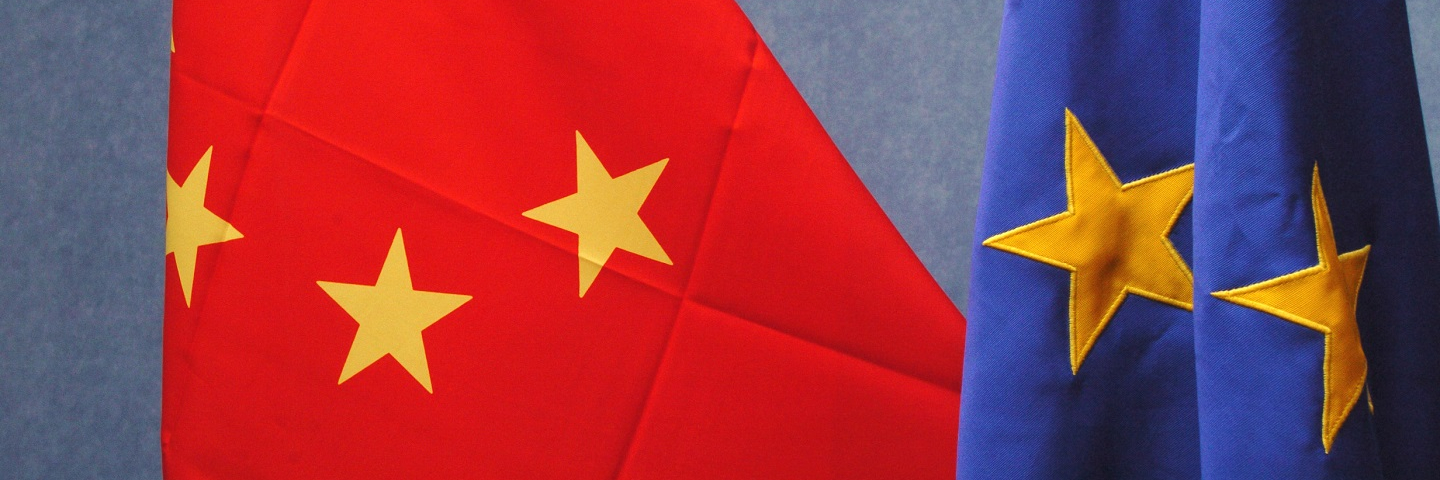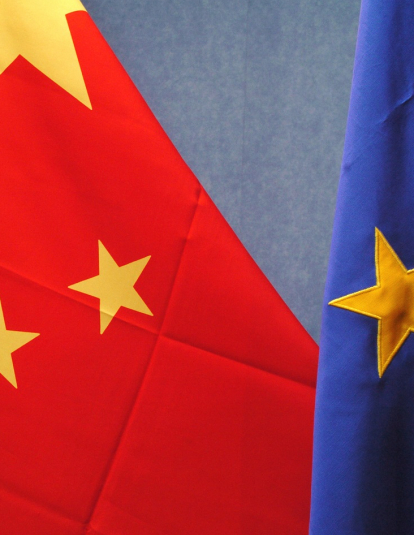Image

European Commission/Christian Lambiotte
The Great Puzzle: China in Central and Eastern Europe
Mar
2019
No 009
